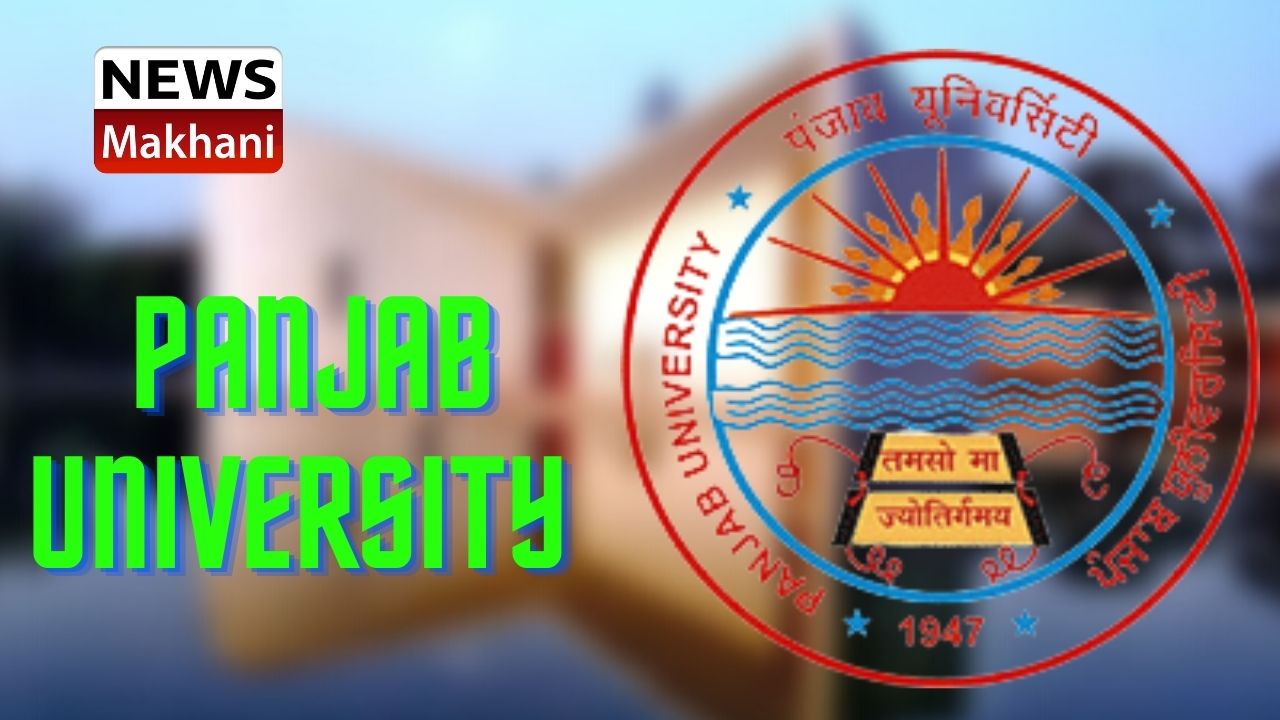Chandigarh May 1, 2022
One day workshop on Implementation of NEP 2020 was organized by HRDC, Panjab University on 30 April 2022, Saturday from 10:00 am to 01:30 pm for Chairpersons, Coordinators, Director of university Departments and Centres.
The program started with the inaugural address of Prof. Sudhir Saxena, Dean research. He compared and contrasted Macaulay minutes with NEP 2020.
He also highlighted the etymological and epistemological differences between the secular, liberal , and utilitarian western concept of “ education” and “ Dharma- centric “ Indic concept of “ Shiksha” and “ Deeksha”- which characterize the National Education Policy-2020.He shed light on the main features of NEP 2020 and how to implement it in our education system.
Dr. Rakesh Chandra, Dean Academics, Lucknow University addressed the participants online. He told that their University passed ordinance for four year programme for UG, PG, P.hd. and D. Litt. in 2020. He highlighted many challenges to higher education that can be overcome through provision of happy thinking labs, students driven cultural cell, digitized library, setting up of new centers for upcoming areas, departmental you tube channel, PROTSAHAN for researchers, Cells for e-waste management, green audit, etc. Autonomy of teachers is mandate to make a sustainable society with positive values. He informed about the various bodies like academic cells, recruitment cell, Central placement cell, gender sensitization cell, Indian languages and cultural cell, RTI cell , centre to look into the needs of PWDs in addition to the unique collaboration for multidisciplinary education among departments for women study, geology, anthropology, sociology, molecular genetics study etc. . He also emphasized upon common credit bank for students in context of lateral entries. His inputs were well received by the participants.
Prof. Latika Sharma, elucidated the thrust areas of NEP for curriculum revision and reframing flexible course structures keeping in mind autonomous learners who are searching for competence, confidence ,capacity to link higher education to the application of knowledge . The components of revised frame work will have core subjects and electives from the discipline. Course outcomes and learning outcomes for each subject will be mentioned in syllabi. Additionally value added courses, research component, and skill/ experiential learning or internship will be there in every course. She quoted real life examples on how to create value added courses and integrate in the education system. Multi-disciplinary element in atleast one of these is required.
Prof. Renu Vig, DUI PU gave her inputs for reframing courses aligned with NEP requirements. She stressed on the need to take a call on entry and exit policy for higher education and also emphasized upon choice based credit systems for the promotion and successfully completion of undergraduate and post-graduate courses. There is a need to reckon on how to accommodate three year UG and four year UG in the PG programme. Not only this, every department should deliberate and work out the modalities. Modern technology should be included from application and utility point. Start-up culture and setting up incubation centers are necessary for promoting entrepreneurship. There should be at least two skill based courses on entrepreneurship in skill basket courses . The courses should also be available in hybrid mode. Students should be apprised for Swayam and MOOC courses. Such courses should be included in the skill based basket as to offer flexibility and variety to students and to overcome faculty shortage.
After a small tea break , the session resumed at 11:45 am with Dr. Tejinder Pal Singh, University business school, PU, Chandigarh on planning and designing value added courses for online platform through PowerPoint presentation. He told that students learn better from MOOC. He gave insights on how to develop MOOC program for Value Added Course ( VAC). Starting from how to select a topic for value added courses he gave detailed explanation on how to find the niche and narrow it down by converting the subject best taught in a program to value-added courses in an online mode; he also added that he reached out about 40,000 students over a period of 2 to 3 years by designing digital marketing value added courses. Session was very interactive as many participants raised questions and appreciated as it encouraged the participants to design course plan for value-added courses and develop engaging and interactive content for value added courses.
Dr Vishal Sharma spoke about SWAYAM portal ;a platform for multitude of programme and courses. He provided the official website link to access Swayam i.e. www.swayam.gov.in. with the main objective to take the best teaching learning resources to all. The other objectives of Swayam is to include these courses into the regular curriculum upto 40% in a phases manner. Dr Vishal Sharma also gave suggestion on not to put these courses into forth semester as result get delayed. The list of courses on the Swayam platform is released twice which students can join online as per their convenience. More than 20 teachers expressed their willingness to join future workshops for creating online courses. Feedback and queries on implementation of NEP were written by the participants.
Thus, the session was very interactive and thoughtful with many takeaways. Dr. Latika proposed a vote of thanks. The programme was actively attended almost 60 participants. It was a successful workshop organized by HRDC with join efforts by conveners Dr. Anuradha Sharma, Dr. Latika and facilitator Dr. Jayanti Dutta.

 हिंदी
हिंदी






